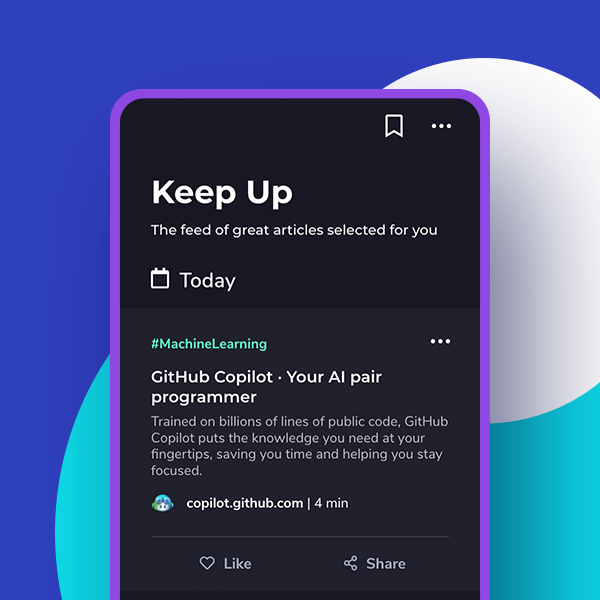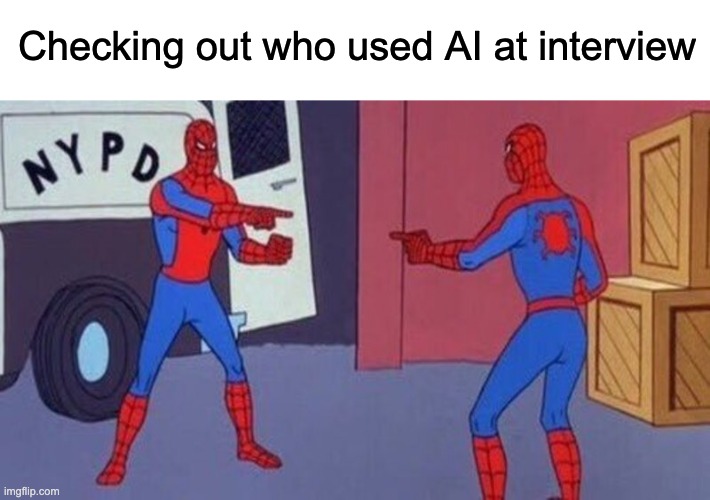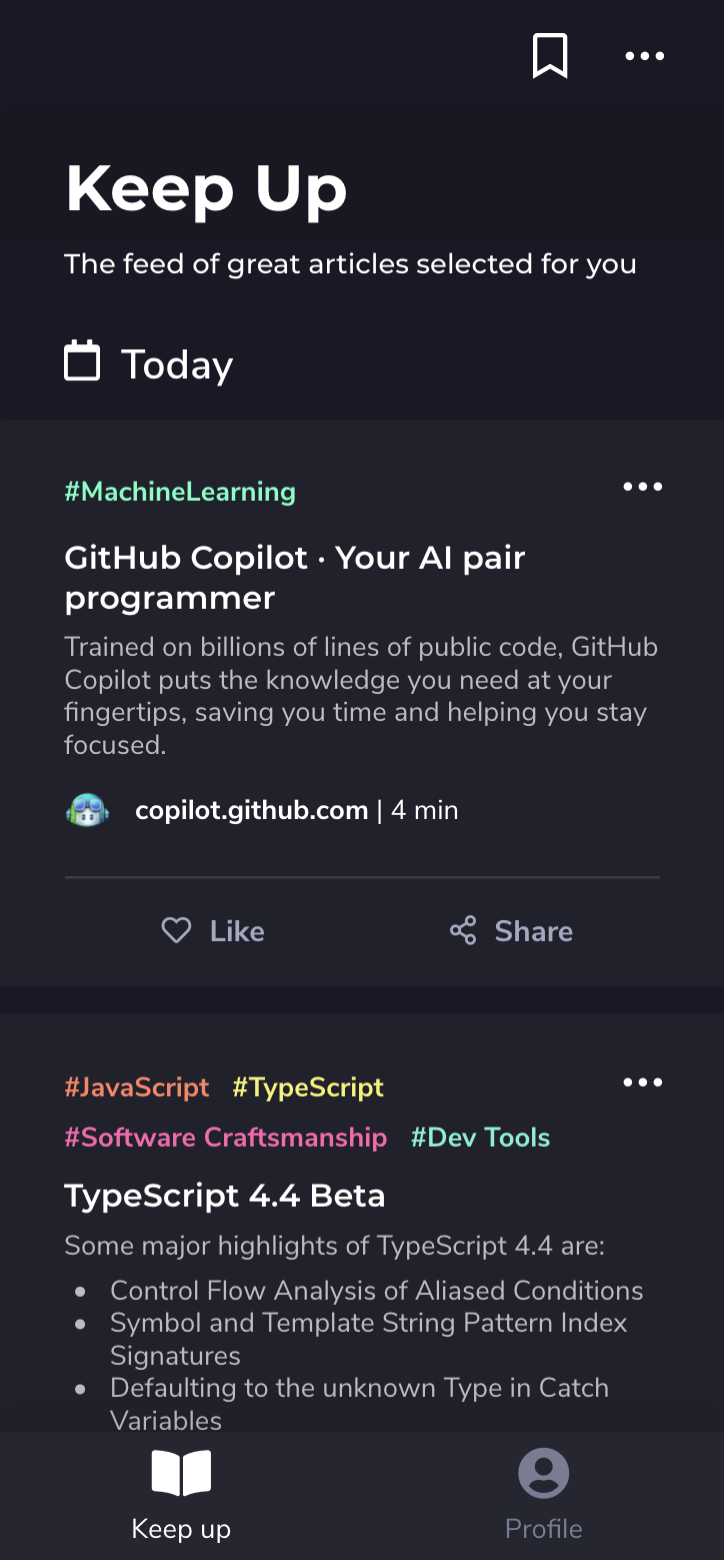Are you updating your resume in Word again and thinking “God, for what sins”? After all, you have so many projects on GitHub! Maybe all you need to do is provide a link to get a new job? Before we check it out, let’s see some opportunities in Big Tech layoffs and how AI is affecting recruiters.
1. Where two lay off, a third hires
All signs in heaven and earth indicate that layoffs in Big Tech will not cause a total recession in the high-tech market. On the contrary! Smaller players are trying to take advantage of the situation and convince people leaving large corporations to join them.
A rather unusual example of such a trend is cited by Business Insider, which describes the growing interest in climate and environmental startups. There are more than 5,000 job openings in this sector alone, 78% of which are in the United States. Professionals are quickly filling the available positions, because the salaries aren’t low and also you can work with the conviction that you change the world for the better. It’s hard to have a similar consciousness when you develop systems that take away the remnants of our privacy (okay, okay, I’m exaggerating a bit here).

I could list dozens of similar micro-sectors here, which completely covered the talent pool exempted from Big Tech. Among them are, for example: medicine, space technology, finance, or consulting/outsourcing companies (if you’re afraid for your position, I recommend keeping an eye on these industries especially in Western Europe). From January to October last year, there were 25% more job openings in them than a year earlier.
In an equally optimistic tone is an article by Dmitry Bagrov, who estimates that the only changes in the IT market to move away from a “hyper-growth” strategy to “efficient growth.” Just so we understand each other correctly – in this case, “efficient” means the forecast of 85 million IT vacancies by 2030. So it looks like if all Poles, Czechs, Hungarian, and Romanians suddenly decided to become programmers, there would still be a few million job vacancies left. The question is, do these forecasts take into account the incredible growth of low-code and AI-based tools?
Sources:
- https://www.businessinsider.com/climate-jobs-pay-startups-big-tech-layoffs-sustainability-engineers-2023-1?IR=T
- https://www.entrepreneur.com/leadership/why-the-demand-for-tech-jobs-will-only-get-stronger/442295

2. AI in the service of HR
Since we’re on the topic of AI again, let’s stay in it for a while. The popularity of ChatGPT fear not only on young programmers, but also recruiters, marketers, and people whose work seems easily replaced by algorithms. Is that right?
The UNLEASH portal has published a rather extensive study in which experts look at the topic of using AI during the recruitment process. As it happens in life – there are advantages and disadvantages to this solution. Without a doubt, ChatGPT can already write: a concise and interesting job offer, an email to a candidate, recruitment questions, or even a legally compliant employment contract. Profit! This gives recruiters more time for human-to-human relations!

On the other hand, one still can’t be sure that ChatGPT is getting HR knowledge from reliable and professional sources. Verifying them can take a lot of time, especially since AI has (for now) severely limited access to internal information of individual organizations. So it’s difficult to verify salary ranges at competing companies, learn more about leading benefits, or employee satisfaction levels. Here you have to rely on your own interviews and independently collected data or downloaded reports.
How about AI being able to interview a candidate on its own? I recommend to you an interesting experiment by Suzanne Lucas, who organized a job interview using ChatGPT, in which the bot employed… itself. When you read the transcript of this discussion, which is full of generalities and statements straight out of coaching manuals, you will see that AI will not take the job of recruiters soon. Also, it will not take part in recruitment for you. Fortunately.
Source:
- https://www.unleash.ai/emerging-tech/everything-hr-needs-to-know-about-chatgpt/
- https://www.inc.com/suzanne-lucas/when-a-chatgpt-bot-interviews-a-chatgpt-bot.html

3. Does a traditional resume still make sense?
The world is rushing forward. More and more advanced technologies, tools, and solutions are storming the market. Everything is happening at lightning speed, and at the same time… you are still preparing your resume in Word to send it to the next ultra-modern company. Where did you go wrong? Maybe recruiting should have been more automated and based on a more convenient system long ago?
Inspired by Krish Gupta’s post about profiles on GitHub, and the information that 100 million programmers are already using this platform, I decided to find out whether a link to a programming portfolio is enough to get a dream job. On Facebook, Reddit, and Quora (a big thread here) this question comes up quite often.
The answer is simple. You can really put a lot of information in your GitHub profile – bio, interests, social media links, badges or history of participation in projects. However, this is no substitute for a simple PDF of your resume.

Of course, tech recruiters are eager to look at candidates’ profiles and even make a decision to invite them for an interview when a portfolio impresses them. On the other hand, GitHub is extremely cumbersome when you have to screen dozens of profiles in one day (and believe me, such a number is not unusual for a recruiter). In this case, classic resumes work much better. Especially since they can be scraped and quickly put the candidate’s data in the company’s database.
If we are already looking for alternatives, my colleague Agnieszka from VirtusLab highly recommends a profile on LinkedIn. Let’s abandon preconceptions and stereotypes that this is a portal for businessmen and people bragging publicly about the smallest successes. LinkedIn is a convenient and (importantly) industry-accepted “digital resume.” No one will consider it nonchalance to link your profile. In the case of GitHub… well. It varies.
By the way, the topic of resume analysis by recruiters is more complex than I might have thought. I recommend you a text in which Chip Huyen takes a closer look at the elements that recruiters pay special attention to and lists mistakes that can reduce the visibility of your strengths or skills. It is hugely important, for example, not to write about your achievements without providing specific metrics. It is worth focusing on what you have contributed to past projects – including from a business or operational perspective. On the other hand, “over-skilling” can work against you, especially when there hasn’t been much time to actually become a master in a particular field. This is a very broad topic, so I’ll end it for now, but we’ll come back to it again.
Sources:
- https://docs.github.com/en/account-and-profile/setting-up-and-managing-your-github-profile/customizing-your-profile/about-your-profile
- https://blog.krsh.eu.org/custom-github-profiles-will-they-replace-your-resume
- https://www.quora.com/Did-you-get-a-job-offer-cause-of-your-Github-Projects
- https://huyenchip.com//2023/01/24/what-we-look-for-in-a-candidate.html




